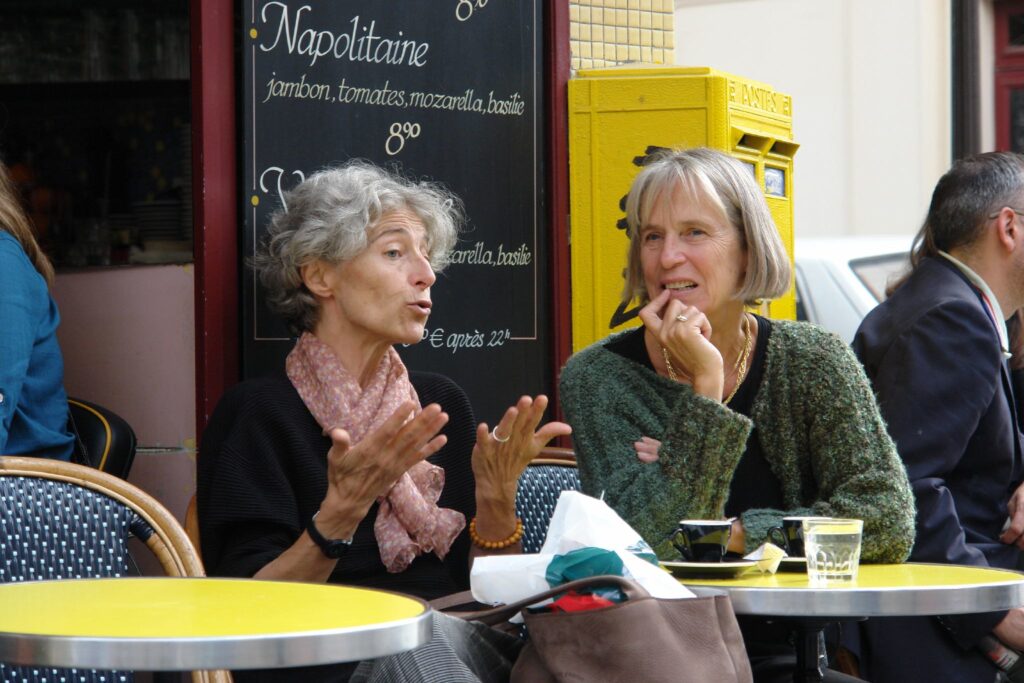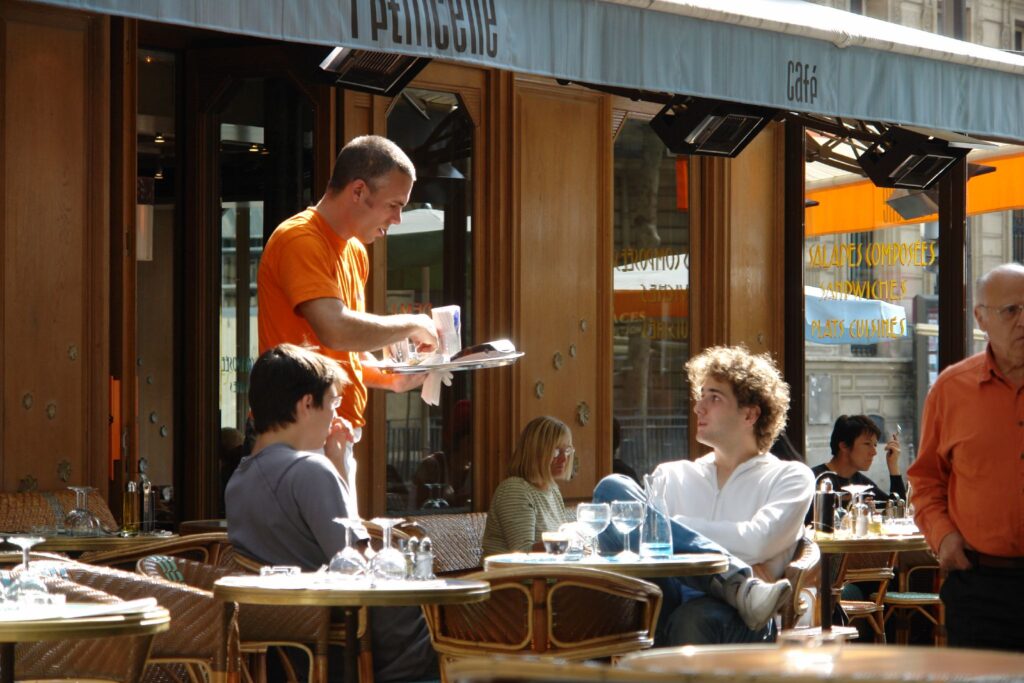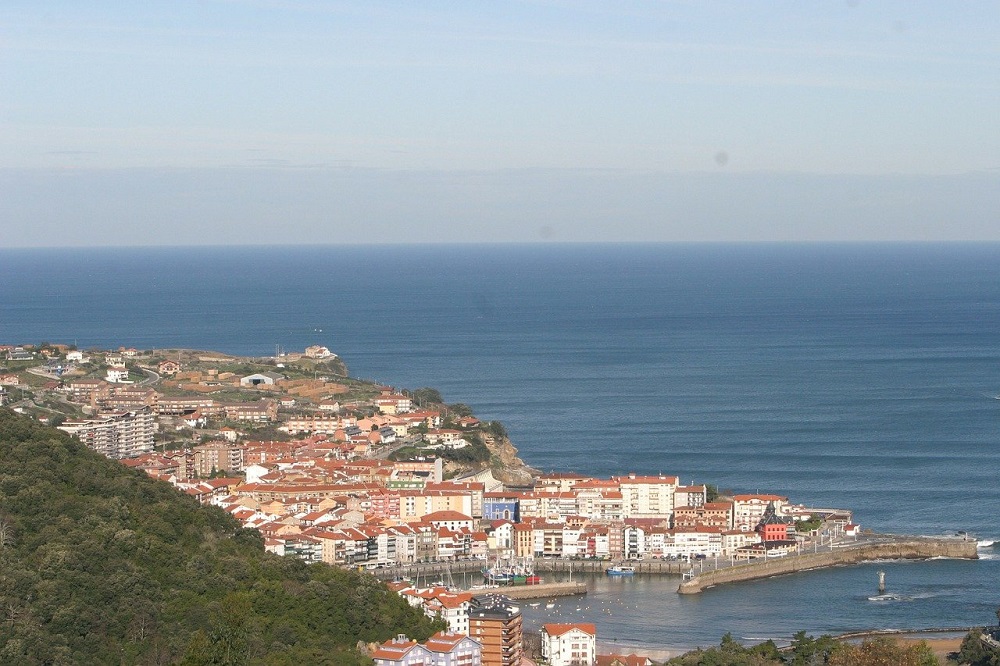Why learning smaller languages is more rewarding

Aran Jones Author, SaySomethingIn
It’s a common complaint from people with a negative attitude towards the Welsh language – why learn Welsh? Why not learn something useful?
It always makes me chuckle, partly because the people saying we should learn a ‘useful’ language almost never turn out to be confident Mandarin or even French speakers – and partly because it shows immediately that they really don’t understand what languages are for.
It’s pretty easy to test.
Hop on a train to Paris for the weekend, and count how many times you get stuck because you don’t speak French. ‘Stuck’ here means you weren’t able to order food, or get into a museum, or get somewhere via Uber or the metro.
Now learn a bit of French, enough to ask for food and directions (yeah, sorry, the test got a little more complicated). Hop on a train to Paris again, and this time count how many times you try to use your French, and you’re not immediately answered in English.
Now learn French fluently (okay, maybe just imagine it) and get that train back to Paris, spend the weekend ordering things and asking directions in French, and count how many times someone says that it’s amazing and exciting that you speak French. [Hint: it seems normal to them. They’re not going to care, unless you really ham it up and more or less beg for praise.]
The only difference between the first and last parts of that test were how good you felt about yourself. Nothing else changed.
Another test
Now, another easy test (you probably don’t believe me by this point, which shows that you’re wise).
Hop on a train to Caernarfon (oh, that’s right, you can’t, you’ll have to get a bus from Bangor, thanks a lot Welsh Government).
The first part of the test will be exactly the same. You’re not going to have any problems using English (and if you hear people in the pub speaking Welsh, that’s what they were speaking before you came in).
But now learn just enough Welsh to say ‘I’m sorry I don’t speak Welsh’, and notice how many people smile and say it’s okay. They’re appreciating you, even for as little Welsh as that.
Now learn enough Welsh to have a decent conversation, come back to Caernarfon (yes, this is a tourist campaign) and count how many people want to know where you come from and how long you’ve been learning.
That sound is the beginning of real connection. It won’t be everyone, because Welsh speakers are as busy and underpaid as everyone else, but it will be a lot more than Paris.

Nelson Mandela understood this.
He said ‘Because when you speak a language, English, well many people understand you, including Afrikaners, but when you speak Afrikaans, you know you go straight to their hearts.’ [With thanks to https://www.missionforward.us/finding-the-words/fact-check for saving me from the usual misquote!].
Connection and care
If you want a real eye-opener, repeat these tests with languages like Breton or Basque. The less people expect you to speak their language, the more interested they are when you do, and the more lasting connections you form.

I had a night out once with all the other attendees at a political conference in Basque Country.
You could hear people speaking Basque, Catalan, Galician, Spanish, French, English, Breton and Welsh. Spanish, French and English worked as the interface languages, but the real moments of connection all came from Basques saying a few words in Welsh or Galician, or Bretons using some Basque or some Catalan, or the Welsh contingent managing a few words in Basque or Breton.
We connect most when we care most.
And we’ll always care more about our own languages when they’re not globally dominant.
So yes – if you want the highest number of train stations where you can order a ticket, go for French or Spanish (or just talk loudly in English!).
Do be careful, though – I learnt a little Dutch before a conference in the Netherlands last year, and although I managed to order a train ticket in Schiphol, everything about it was wrong apart from the destination. We were lucky to get there at all.
If, on the other hand, you want to get to know people, and have more interesting conversations, and be genuinely welcomed – choose a smaller language, every time.
Find out more about SaySomethingIn here.
Support our Nation today
For the price of a cup of coffee a month you can help us create an independent, not-for-profit, national news service for the people of Wales, by the people of Wales.





Spot on, Aran! 😁
Hollol gywir!
Ahh, Dutch, the exception that proves the rule… A few words of Dutch will get you absolutely nowhere, its enough to get you scoffed at but that’s it… You have to be pretty fluent before you get taken seriously, at which point the compliments start to come, they consider it a ‘difficult language’ (I show them a Welsh English dictionary) which it is not, it is similar to German but quite a lot easier due to a less complex grammar. Historically Dutch people were reluctant to help people learn the language because as a trading nation having a ‘secret’ language… Read more »
Am I right in believing that all science at university in Holland is taught through the medium of English?
Am I right in believing that some Welsh universities are proposing to teach science and engineering in Welsh?
Dutch has 22 million native speakers.
Welsh has half a million native speakers.
Wlesh universities already have modules in Welsh for Sciences and Engineering when available. May Dutch courses will be in English like they often are in Scandinavia but not always.
There’s no question that Aran Jones is absolutely right on this issue.
Nid Llywodraeth Cymru sy’n gyfrifol am ddiffyg rheilffordd rhwng Bangor a Chaernarfon – Llywodraeth San Steffan oedd yn gyfrifol am gau’r lein i lawr, flynyddoedd cyn sefydlu Cynulliad/Llywodraeth Cymru.
..Ond cytunaf yn llwyr o ran elfen sosio-ieithyddol y post.
‘It’s a common complaint from people with a negative attitude towards the Welsh language – why learn Welsh? Why not learn something useful?’
For me at least that issue has always been quite simple. I was brought up in the north-west of England, but, initially be accident rather than by design, I’ve ended up living half of my adult life in Wales.
So learning Welsh has been of practical relevance for me; far more than learning, say, French or Dutch or German given that I only visit the places where those languages are spoken occasionally and briefly.
They are NOT smaller languages – they just have fewer speakers!
The hyjacking of the Welsh language as a tool to promote Welsh Independence often implies non Welsh speaking Welsh people are somehow second class citizens. Beware, this will divide our nation